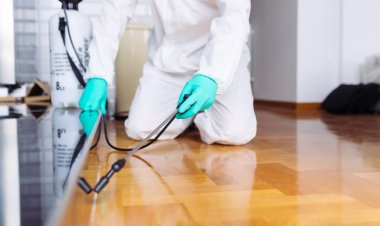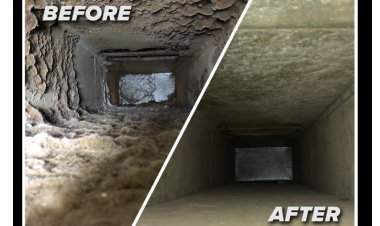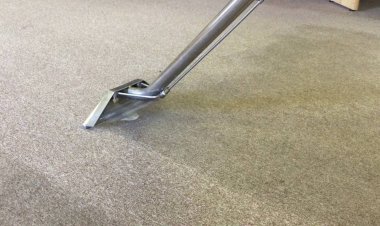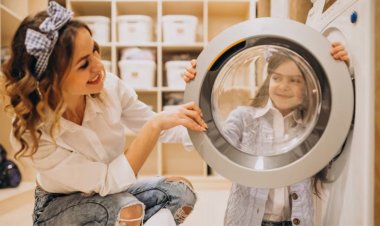Rodents Are Harmful- How To Tackle Rodent Infestation?
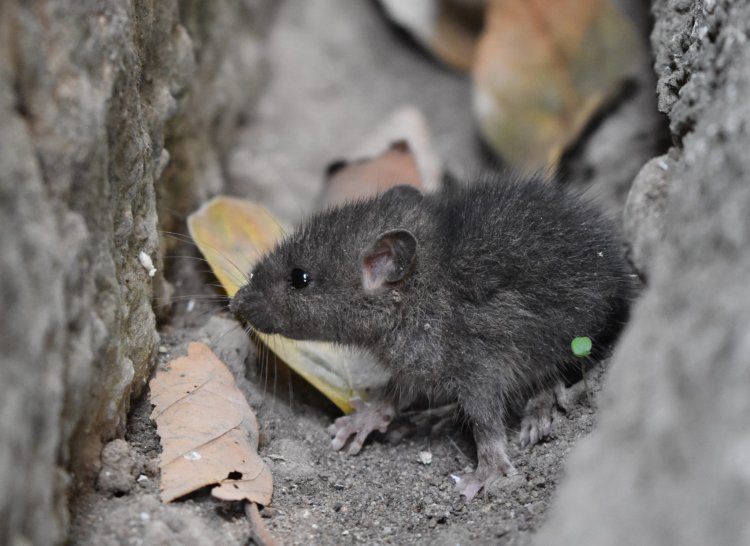
There are several types of rodents on the planet. They are the most common and alarming pest found in human residences. Rodents and rats are present in both urban and rural areas. Every homemaker is terrified of the crisis of rodent infestation. In this post, we will try to understand all concerns created by rodent infestation in a home.
How Rodents, Rats and Mice Cause Concern?
- Rodents are irritating and dangerous as well. They have sharp teeth with the help of which they can chew your furniture clothes and other household things.
- Rodents are the source of all damage to your home. They cause damage to life and property.
- Rodents are also responsible for transmitting many dangerous diseases among humans. Rodents, mice, and rats can transmit a serious disease like Hantavirus pulmonary syndrome. Diseases like the plague and lymphocytic choriomeningitis spread through rodents and rats. People having weakened immune systems get attacked by these viruses easily.
- These mice, rats, and rodents carry deadly viruses and are the core source of spreading the entire ailment in your home.
- They are found in groups and they eat too much. They waste food by contaminating them more than they eat. Mice and rats are tough to control. They waste food by contaminating them with their fur, droppings, and saliva.
It is advisable to hire a local but licensed Rat Control Service to remove them from the root. A local service provider can give you the best pest service as and when you require it.
How To Tackle Rodent Infestation?
Mice, rats, and rodents are very dangerous pests equipped with sharp teeth. They are capable of spreading several types of dangerous viruses, bacteria, and diseases. Be careful of them. Notice the early sign of them. A presence of a single rat or rodent is itself a sign of a pest infestation at your home. You can do these actions to tackle rat infestation.
- Identify the problem: Look for signs of rodents such as droppings, gnaw marks, nests, or sightings of live or dead rodents. Determine the extent of the infestation and identify entry points and nesting areas.
- Seal entry points: Rodents can enter through small gaps and cracks in walls, floors, and foundations. Inspect your home for any potential entry points and seal them with steel wool, caulk, or metal screens. Pay close attention to areas around pipes, vents, windows, and doors.
- Remove food sources: Rodents are attracted to easily accessible food. Store food in airtight containers, clean up spills promptly, and secure garbage bins with tight-fitting lids. Keep pet food stored away when not in use.
- Declutter and organize: Rodents prefer hiding in cluttered areas. Remove any unnecessary clutter from your home, including piles of papers, old furniture, or unused items. Organize storage areas to reduce potential nesting sites.
- Use traps: Snap traps or glue traps can be effective in capturing rodents. Place them in areas where you have seen rodent activity, such as along walls, near entry points, or in the attic or basement. Check the traps regularly and dispose of captured rodents properly.
- Consider bait stations: If the infestation persists, you may want to use bait stations. These are typically tamper-resistant containers filled with rodenticide. Follow the instructions carefully and place them in areas inaccessible to children and pets.
- Employ ultrasonic devices: Some people find ultrasonic devices effective in repelling rodents. These emit high-frequency sounds that are unpleasant to rodents but generally safe for humans and pets. However, their effectiveness can vary, and they may not work in all situations.
- Seek professional help: If the infestation continues despite your efforts, or if you're dealing with a large or persistent rodent problem, it's best to contact a professional pest control service. They have the expertise and resources to assess the situation and provide appropriate solutions.
Remember, when dealing with rodents, it's crucial to prioritize safety. Take necessary precautions, such as wearing gloves and a mask when handling traps or cleaning up areas with rodent droppings.
 drseervi
drseervi 






